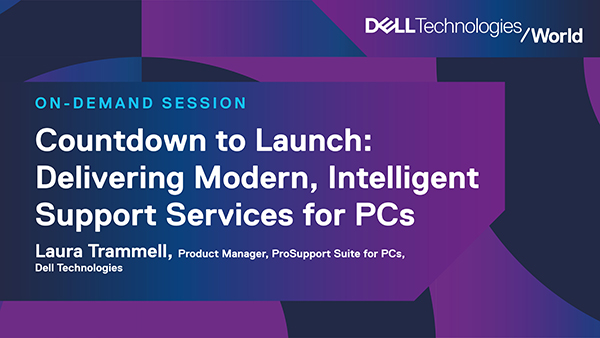Telemetry is one of few words both anchored in ancient times and closely linked to the future of modern technology. Taken from Greek words meaning “far away measure,” telemetry is something you as IT admins deal with every day, in astounding volume.
Formula One teams process at least 30GB of data during a race. That’s about 480 hours of music or more than 40 hours of movies. Teams record performance of engines, status of suspensions, gearbox data, fuel status, all temperature readings and actuation of driver controls.
Hospitals have telemetry units. Cardiac telemetry monitors a person’s vital signs remotely. The telemetry unit changes the signal into pictures of each heartbeat and collects and records information about your heart, breathing and blood pressure. The monitors transmit data to a nearby location so life-saving decisions can be made.
The U.S. space program recently sent a mission to Mars and on the first day of roving transmitted more than 23,000 images and 30GB of info. Those images and info are being analyzed to determine if there was once life on Mars and how Mars might again be able to sustain life. Pretty heady stuff.
Create Great End-User Experiences When Dell Helps You Manage Telemetry

I can’t think of a business or industry that doesn’t use telemetry of some kind. And you are responsible for all the PCs sharing that info with scientists, analysts, CEOs and decision-makers. It’s imperative that your systems work 24×7 without crashes or data loss.
I know you’re thinking, “wouldn’t that be nice?” It would. And it’s the thing that keeps me up at night. I think about how important it is for you to be able to see issues before they develop or pinpoint issues that might be affecting your entire Dell fleet. I think about how AI-driven support technology can analyze your systems to make sure nothing goes wrong, and that your end-users are productive and unaware of problems being solved or upgrades being made behind the scenes.
The pandemic this past year has put a strain on a lot of IT teams. Not only are you remote, but most or all your employees are remote too. That’s a lot of pressure on you to keep systems outside of your physical environment up and running. The vitality of your company is now, often, your responsibility.
So, we think about ways for you to take remote remediation to keep your end-users happy. We think about ways to give you more control, with customizable driver catalogs. We think about ways to use AI-driven telemetry to make recommendations you can actually use to avoid issues and PC downtime.
I mean wouldn’t it be great if you could check the health of your entire Dell fleet or dive into issues with one particular PC? If you could recognize trends across your fleet and make one change that fixed issues for all your users?
And what a relief if someone else could analyze all the telemetry flying at you from your fleet of PCs and show you the most important things to spend time on?
Well, we have a pretty good idea of how to deliver all of this later this year. By taking the telemetry streaming at you at the speed of light and applying modern, intelligent support, we’re planning to move you light years past the table stakes of 24×7 support, in-region experts, and onsite next business day service.
I hope you’ll view this On-demand session recorded during Dell Technologies World, May 5-6, 2021, “Countdown to launch: Delivering modern, intelligent support services for PCs” covers how Dell is using AI-driven telemetry to transform the IT experience for you and your end-users.


